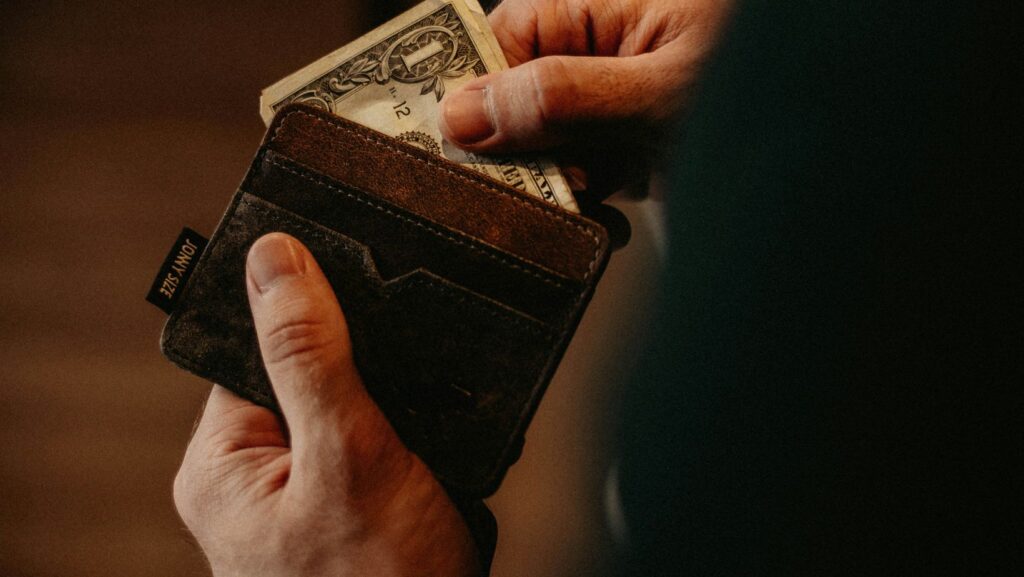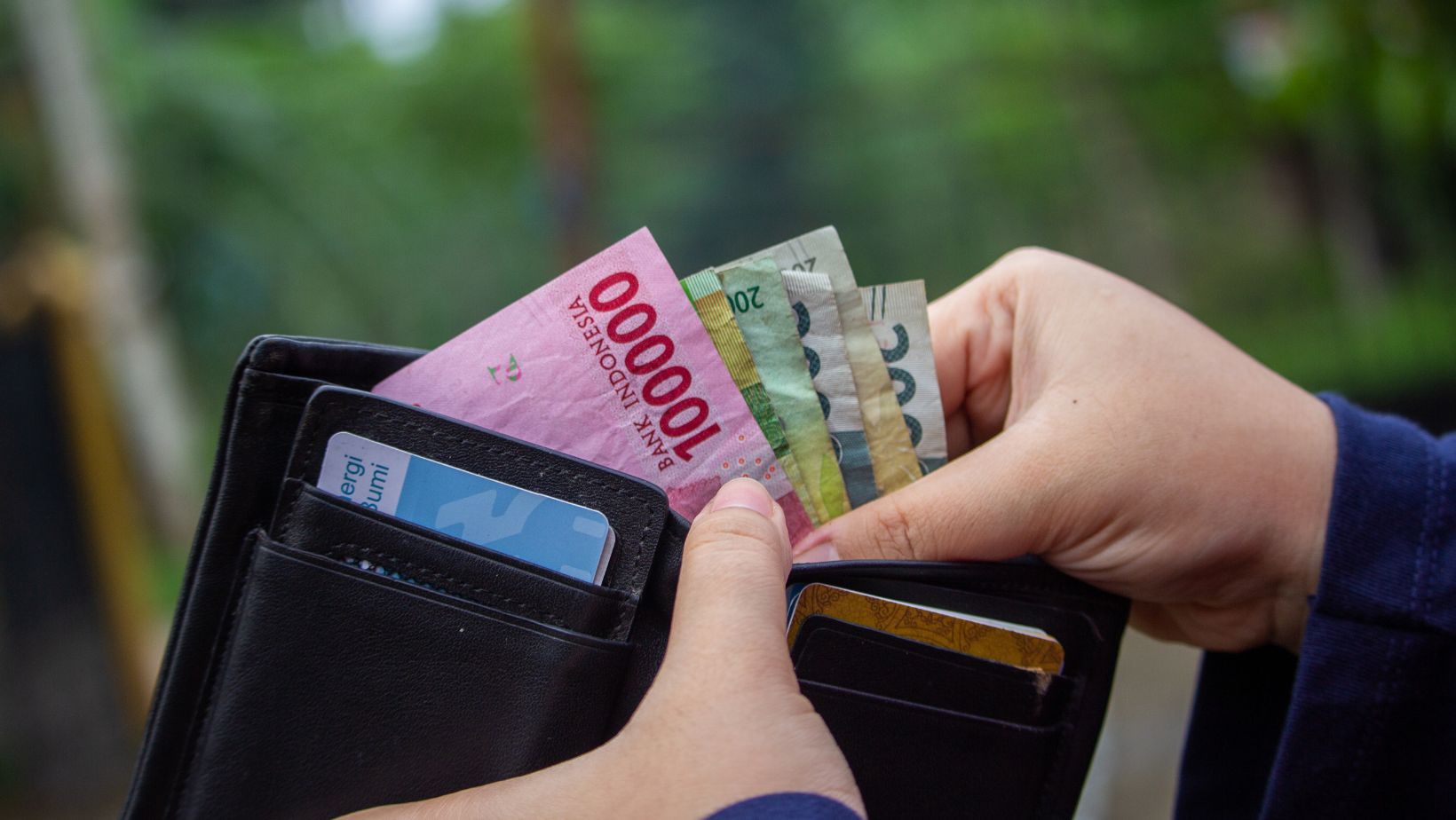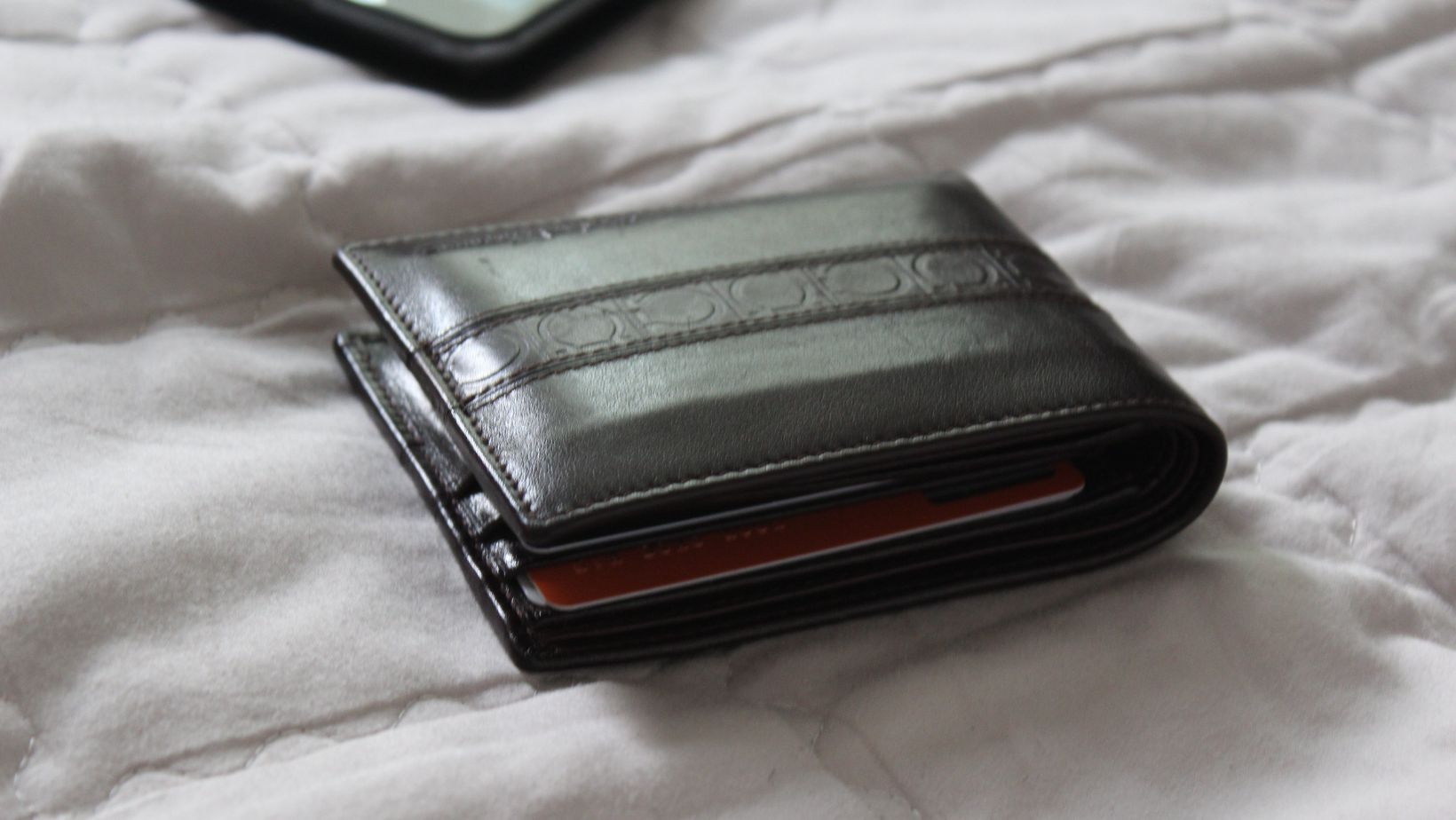In a world that feels constantly busy and unpredictable, peace of mind is more valuable than ever. But peace doesn’t just come from meditation apps and quiet mornings—it’s also built through the small choices you make every day.
Some of those choices also happen to protect your finances. From how you plan your day to the way you handle risk, your daily habits can reduce stress and save you money in the long run.
It’s not about perfection, but about creating a rhythm that supports both your well-being and your bank account.
Here’s how to get started.
Stay Alert and Think Ahead
One of the best ways to protect both your mental state and your wallet is to stay aware of your surroundings—whether you’re behind the wheel, walking through town, or just going about your daily routine.
Many unexpected expenses stem from preventable accidents or poor decisions made in a hurry. Staying present and planning ahead—like driving cautiously, following safety signs, and giving yourself plenty of time—can help avoid costly setbacks.
And when the unexpected does happen, it’s helpful to know your options. For example, Port St. Lucie injury lawyers often help people recover losses after incidents like slips, falls, or collisions caused by others’ negligence. While no one wants to be in that situation, knowing help exists can provide some peace of mind.
Being proactive beats being reactive—and it often saves you time, stress, and serious money.
Track What You Spend and Why
Financial peace starts with awareness. That means knowing not just what you’re spending, but why.
Start by tracking your daily purchases—every coffee, every online order, every subscription renewal. Once you see the patterns, you can make intentional changes that align with your priorities.
You don’t need to be frugal to be financially mindful. Even small shifts—like canceling unused services or planning meals to reduce takeout—can free up cash and reduce the stress of living paycheck to paycheck.
Budgeting isn’t about restriction. It’s about clarity. And clarity is calming.
Keep Your Spaces Tidy and Functional
Your environment has a direct impact on your mindset. Cluttered spaces can create mental clutter, while organized, intentional spaces promote calm and focus.
But there’s a financial benefit too. When your home is in order, you’re less likely to lose things, make duplicate purchases, or ignore small issues that turn into expensive repairs.
Cleaning up your inbox, organizing your tools, or keeping a reliable system for bills and paperwork helps you avoid last-minute costs and mental fog.
It may not seem like a big deal, but order adds up—both emotionally and financially.
Schedule Time to Disconnect
Burnout doesn’t just hurt your productivity—it leads to impulsive decisions, poor financial choices, and long-term health issues that cost more down the line.
Scheduling even 15 to 30 minutes a day to disconnect—without screens or distractions—can improve mental clarity and reduce the urge to “buy peace” through retail therapy or convenience spending.
Whether it’s a walk, reading a book, or simply doing nothing for a bit, that quiet space often leads to better decisions.
You’re not just giving yourself rest—you’re giving your wallet a break too.
Check Your Insurance and Emergency Plans
Peace of mind often comes from knowing you’re protected. That’s why it’s smart to regularly review your insurance coverage and emergency plans.
Whether it’s health, auto, renters, or life insurance, understanding your policies can help you avoid costly surprises when something goes wrong. Make sure your contact info is updated, your beneficiaries are correct, and your coverage makes sense for your current lifestyle.
Also, consider building an emergency fund—even a small one. Knowing you have money set aside for unexpected expenses is one of the most powerful forms of financial peace there is.
What Peace Looks Like in Practice
Protecting your peace and your wallet doesn’t require dramatic life changes. It’s built through small, repeatable actions that create a stable foundation for your day-to-day life.
When you know your finances, care for your space, and prepare for what might go wrong, you give yourself the freedom to focus on what’s going right. Peace isn’t a luxury—it’s a habit. And it’s one worth investing in.




More Stories
Maximizing Value From Retired Solar Panels
How Much Can You Borrow for a Home Loan in QLD? A Borrower’s Checklist
Breaking Down Savings Account Types: Which One Fits Your Needs?